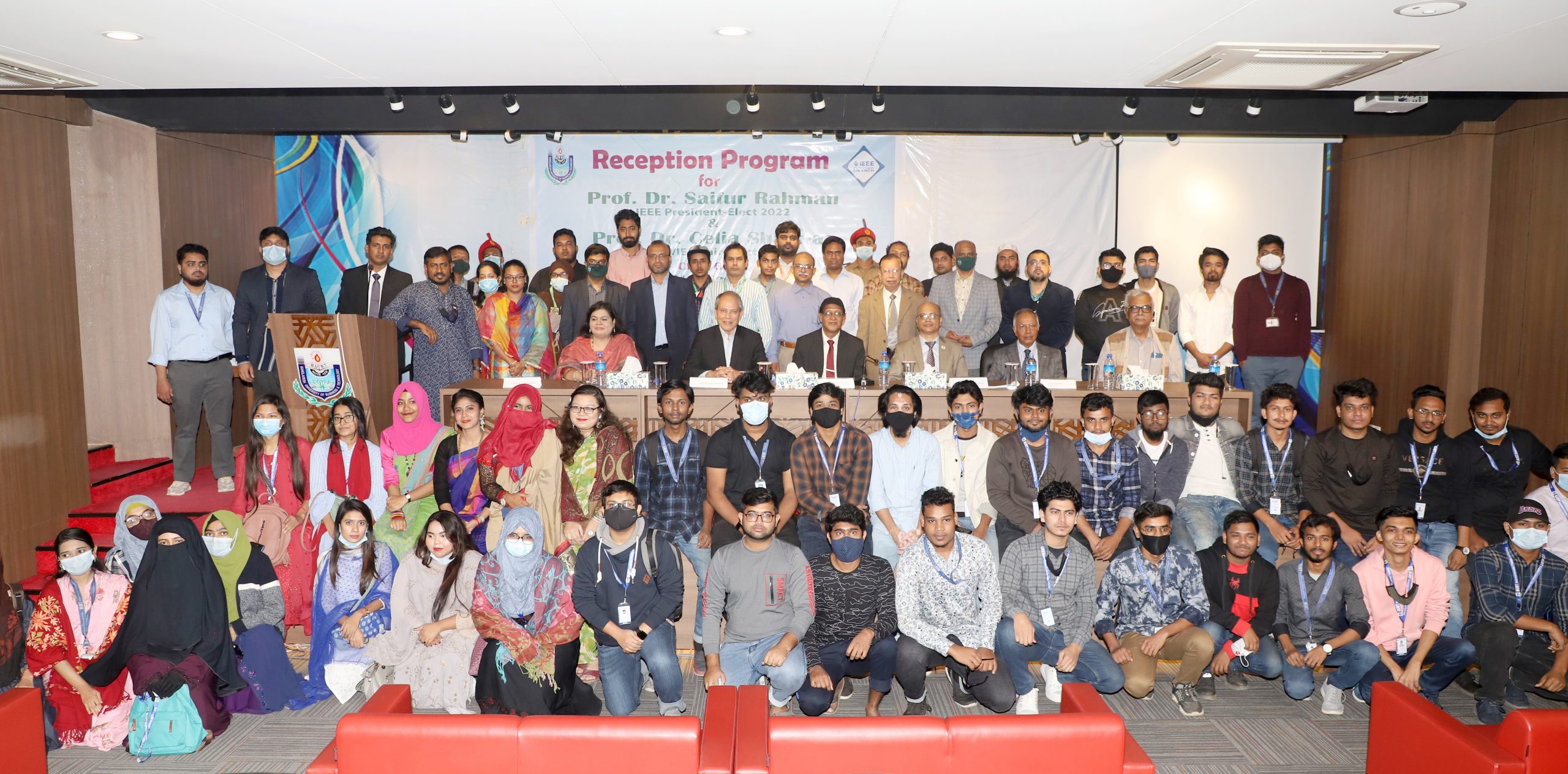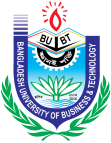

1.1. About BUBT
The University has been approved by the Ministry of Education, Government of Bangladesh, on the recommendation of the University Grants Commission. It is one of the top-ranking Private Universities in Bangladesh. It has academic collaboration and credit transfer facilities with a number of foreign Universities. BUBT is a member of the Association of Commonwealth Universities, a member of the Association of International Universities and also a member of the Association of Management Development Institution in South Asia.
1.2. Foundation of EEE
The Department of Electrical and Electronic Engineering (EEE), BUBT was established in 2010 in order to initially operate the undergraduate program. Since its inception, the Dept. of EEE has been conducting both of Day and Evening shifts for the Bachelor of Science in Electrical and Electronic Engineering program. The curriculum for both Day and Evening programs is kept the same that contains a total of 154.5 credits covering well the UGC and BAETE requirements. The 1st Intake of both of Day and Evening programs were started from Fall (2010-2011) session and since then; the department continues to advance with quality education and academic achievement.
Currently, the Dept. of EEE, BUBT becomes one of the emerging departments of the country due to the commitment and dynamic efforts of all associated with the department. The adequate modern teaching-learning resource & facility along with skilled & qualified faculty staff prove the department more and more advanced and reliable for students. The Dept. of EEE, BUBT is committed to providing quality and outcome-based education for the rapidly growing intake of students for advanced academic achievement.
1.3. Program Offering
The Dept. of EEE is pursuing an undergraduate program under the Faculty of Engineering and Applied Science (FEAS). Currently, the following program is offered by the Department of
Electrical and Electronic Engineering, BUBT.
i. Undergraduate Program: Bachelor of Science in Electrical and Electronic Engineering (B.Sc. in EEE) (4 years’ full time)
ii. Graduate Program: Under consideration.
iii. Core Values of the Department of EEE
Academically excellent
We organize the department’s intellectual, operational, digital, and physical assets to enable our talented, diverse, digitally-literate, collaborative, and empowered community to deliver our academic ambition and underpin our sustainable societal impact.
Accessible
We are committed to making our courses as open and accessible as possible to those with the aptitude and ability to take advantage of them.
Inclusive
We welcome people from all backgrounds, at all times of life, and from all over the globe, actively promoting an inclusive culture of equality, diversity, and respect.
Student focused
Our students are the heart of our community. In everything we do we strive to deliver an outstanding learning experience.
Supportive
We acknowledge the diverse needs, experiences and ambitions of our students and staff, and work together to ensure a mutually supportive professional and learning community.
Transformative
We recognize and celebrate the transformative power of education and harness the resources of the department to enable students to realize their ambitions and potential
1.4. Vision, Mission, Objectives & PEOs, POs
To be a prime center of Electrical and Electronic Engineering education for the creation and dissemination of technical and innovative knowledge by producing a skilled and competent graduate workforce to building the nation.
Department of Electrical and Electronic Engineering (EEE) has designed and it is pursuing the following essential paths as a mission to successfully reach its vision.
· To provide state-of-the-art resources and quality education to achieve excellence in teaching-learning, research and technological developments.
· To develop professional competency and technical expertise individually and through teamwork, thereby exhibiting leadership, moral and ethical values in the practical engineering field.
· To bridge the gap between industry and academia to achieve the highest level of technical competence for fulfilling the growing demands of the nation through creating learning and innovation.
· To produce highly skilled EEE graduates who will be academically proficient, ethically guided and socially accountable professionals to meet the challenges of the 21st century.
· To nurture the students to develop their research-based knowledge and skills for their engagement on lifelong learning in the broadest context of technological advancement and sustainable development.
PEO 1: The graduates will be successful engineers to deal with state-of the-art technology in diverse fields of electrical and electronic engineering with their innovative knowledge and professional skills.
PEO 2: The graduates will be competent and proficient in their career with professional ethics, responsibilities and leadership.
PEO 3: The graduates will promote research and development in multidisciplinary fields with their expertise, critical thinking and life-long learning.
PEO 4: The graduates will efficiently contribute to the corporate sectors with their technical, communication and project management skills.
Program Outcomes (POs)
PO1 Engineering knowledge: Apply the knowledge of mathematics, science, engineering fundamentals and an engineering specialization to the solution of complex engineering problems.
PO2 Problem analysis: Identify, formulate, research the literature and analyze complex engineering problems and reach substantiated conclusions using first principles of mathematics, the natural sciences and the engineering sciences.
PO3 Design/development of solutions: Design solutions for complex engineering
problems and design system components or processes that meet the specified needs with appropriate consideration for public health and safety as well as cultural, societal and environmental concerns.
PO4 Investigation: Conduct investigations of complex problems, considering design of experiments, analysis and interpretation of data and synthesis of information to provide valid conclusions.
PO5 Modern tool usage: Create, select and apply appropriate techniques, resources and modern engineering and IT tools including prediction and modeling to complex engineering activities with an understanding of the limitations.
PO6 The engineer and society: Apply reasoning informed by contextual knowledge to assess societal, health, safety, legal and cultural issues and the consequent responsibilities relevant to professional engineering practice.
PO7 Environment and sustainability: Understand the impact of professional engineering solutions in societal and environmental contexts and demonstrate the knowledge of, and need for sustainable development.
PO8 Ethics: Apply ethical principles and commit to professional ethics, responsibilities and the norms of the engineering practice.
PO9 Individual work and teamwork: Function effectively as an individual and as a member or leader of diverse teams as well as in multidisciplinary settings.
PO10 Communication: Communicate effectively about complex engineering activities with the engineering community and with society at large. Be able to comprehend and write effective reports, design documentation, make effective presentations and give and receive clear instructions.
PO11 Project management and finance: Demonstrate knowledge and understanding of the engineering and management principles and apply these to one’s own work as a member or a leader of a team to manage projects in multidisciplinary environments.
PO12 Life-long learning: Recognize the need for and have the preparation and ability to engage in independent, life-long learning in the broadest context of technological change.

